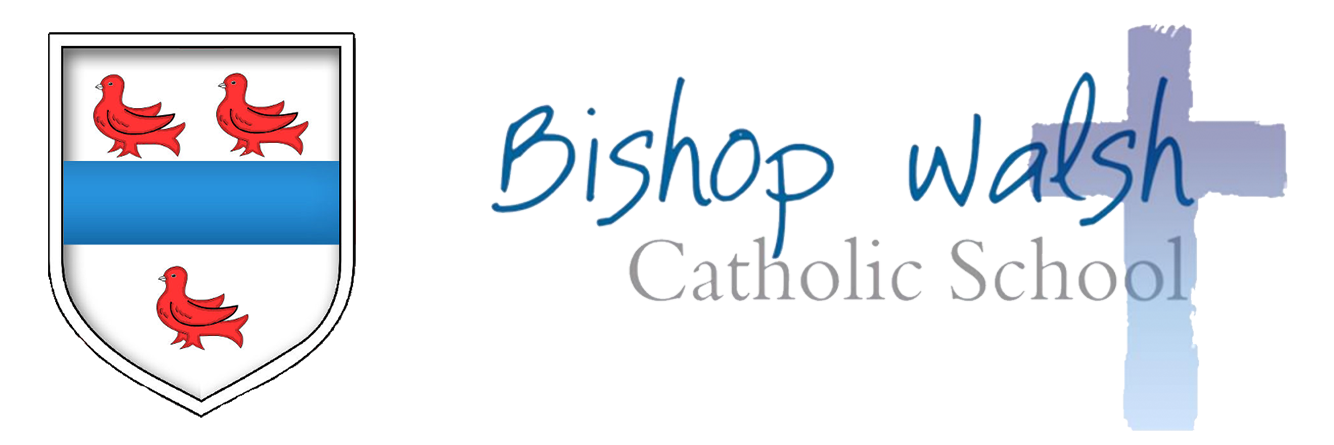Teaching & Learning
Computer Science
Intent and Knowledge Entitlement:
An overview of the topics and themes covered at KS3.
It is the intent of the Computer Science department that all students are equipped with the tools and knowledge to address complex problems found in the world of Computer Science. Through a combination of Computer Science and ICT lessons students should be able to make an informed decision about the possible routes they can take in their studies if they wish to continue into Key Stage 4.
Skills Entitlement:
The following list is a guide to the skills students should hold by the end of Key Stage 3. These are derived from the National Curriculum for Computer Science.
Design use and evaluate abstract models based on real world problems.
Understand and compare key algorithms.
Use two or more programming languages.
Understand simple Boolean logic, binary and how these relate to the workings of a modern computer.
Identify and compare hardware and software.
Using digital artefacts to design, develop and evaluate a creative project that makes use of a range of applications for a specific audience.
Understand a range of ways to use technology safely and responsibly, recognising inappropriate material and how to report it.
KS4
Intent and Knowledge Entitlement:
An overview of the topics and themes covered at KS4.
It is the intent of the Computer Science department that all students are fully equipped to address the needs of the final exams in their chosen path, be it ICT or Computer Science. To ensure all students succeed a range of learning material is used to deliver key concepts and topics in keeping with the National Curriculum and exam board specifications.
Skills Entitlement:
The following list is a guide to the skills students should hold by the end of Key Stage 4. These are derived from the National Curriculum for Computer Science and ICT.
Students are taught how to develop their capability, creativity and knowledge in Computer Science or ICT.
Students are taught to develop and apply their analytical, problem-solving and computational thinking skills.
Students are taught to understand how changes in technology affect safety, including new ways to protect their online identity. Students are taught how to report concerns they may have.

